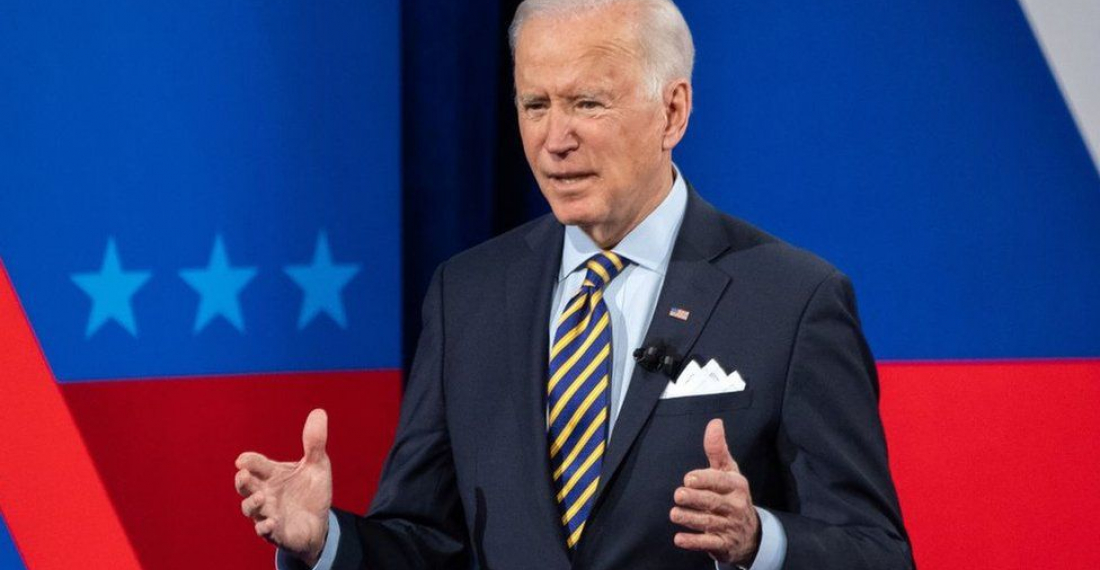The United States will provide Taiwan with military support in case of an attack by China. This is what US President Joe Biden said at a town hall event hosted by CNN on Thursday (21 October). Although the US maintains close ties with Taiwan, including arms supplies, this is the first time that Biden has confirmed that he will militarily defend the island in the event of an attack by China.
China considers the de facto independent Taiwan as 'a renegade province' that needs to be returned to Chinese control and has recently increased the military pressure on the island. A record number of Chinese military aircraft recently crossed Taiwan's 'defence zone' without permission.
Biden is not seeking a protracted conflict with Chinese President Xi Jinping, he said. He did, however, twice confirm that the US would protect Taiwan in the event of an attack by China. "I don't want a cold war with China. I just want China to understand that we're not going to step back, that we're not going to change any of our views., the US president said.







